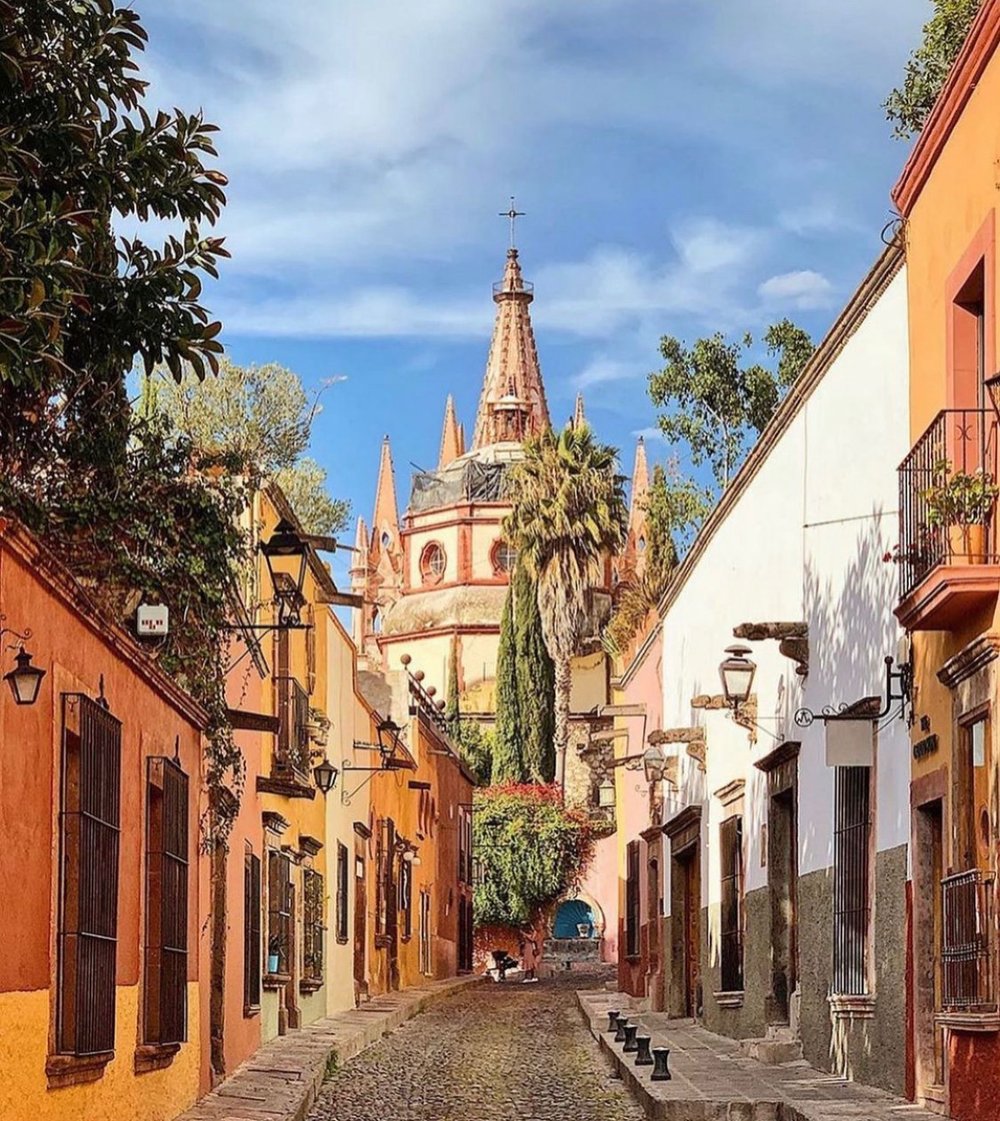
Over the years Oaxaca has fashioned herself with a sense of allure and mystery that people gravitate towards.
I suppose one of the reasons people fall in love with Oaxaca is because she never reveals all her secrets, even to her own people.
It’s curious that I had to live in the United States to find out that Oaxaca’s different styles of pan de muerto (bread of the dead) is one of her best-kept secrets.

In fact, a large majority of Mexicans (both in the United States and in Mexico) are only familiar with one kind of pan de muerto––the shell-shaped version layered with cross bones as a decoration.
I was in my early twenties when I realized this and I yelled in the middle of store, “Hey! That’s not pan de muerto!”
There are actually many different styles of pan de muerto.
For example, pan de yema (Oaxacan yolk bread) which is available year round in Oaxaca, is only sold with decorative faces during la temporada deMuertos (Day of the Dead season).
Thanks to my Great Aunt, who collects different versions of pan de muerto, I realized that Oaxaca was also hiding pan de muerto secrets from me.
One of them was from my great grandparents hometown of San Pedro Tidaá, which is baked with pulque (fermented agave drink).

shop glassware

How could I not have known?
Three reasons.
First, most artisan products in Oaxaca are regional and often they are only available in their respective communities.
Second, most of the pan de muerto in the capital city is typically of the pan de yema (Oaxacan yolk bread) variety.
Third, unless you know people from the surrounding rural communities, it’s difficult for the average person to acquire them.
Unless, of course, you go out of your way to collect them.Unfortunately, I became aware of Oaxaca’s diverse designs of pan de muerto days before November 2nd and failed (at my goal) to document them in a single photo.
However, I was able to capture pan de muerto from Ocotlán de Morelos (featured top center of the header image), pan de pulque (fermented agave drink) from San Pedro Tidaá (featured left of the header image), pan de muerto from Villa Sola de Vega (featured right of the header image), pan de yema (featured center of the header image).
The one from Mitla is missing however, and I hope to pick up this project for next year’s season of Día de Muertos.

shop jewelry

Video Documents How Pan de Mitla is Made
Video Documents How Pan de Zaachila is Made
other posts you may love...
Book a Free Travel Consultation
Mexico in My Pocket has just launched a new consultation service for anyone looking for some help planning their next Mexico vacation. Our goal is to create a custom itinerary that will give you incredible memories!
schedule your call today!


















Leave a comment